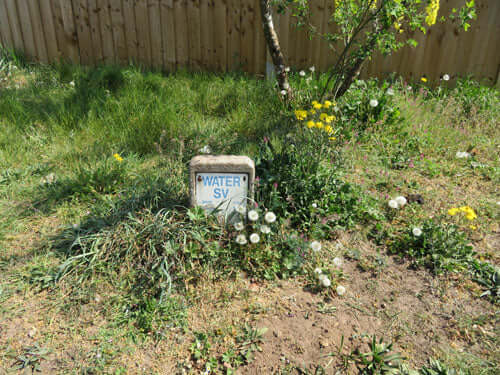In my first set of “Tips”, I reminded bird-keepers of the need to ensure that someone else could look after your birds if you were unwell or otherwise unable to do so yourself.
I also urged bird-keepers to ensure that they have plenty of food ready for their birds in case this Covid-19 lockdown is a long haul. Read the first set of tips here
Food purchased from a company such as Haith’s may have sufficed during the winter months but can now be usefully supplemented in various ways. Supplements vary widely. They can, of course, be ordered from the company. Alternatively, especially now that we are all confined, additional appetising food items can be concocted from produce in the kitchen - such as a slice of apple (much favoured by some finches) or boiled egg. Even the eggshell can be used. Dried and crushed and then mixed with seed, eggshell provides an extra boost of calcium – important for all birds, but especially for females (hens) as they enter the breeding season.
 These dandelion heads look healthy, but why is the chickweed so dry and wilting? It is probably just desiccated following the hot weather, but spraying cannot be excluded
These dandelion heads look healthy, but why is the chickweed so dry and wilting? It is probably just desiccated following the hot weather, but spraying cannot be excluded
Wild food is now becoming freely available in the form of such “weeds” as dandelions, groundsel and chickweed. These can be collected by the roadside, on one’s daily walk, as well as from rough, waste, areas of ground, both in town and in the country. There appear to be more such plants growing than one would expect at present, probably a result of less traffic and reduced clearing and cutting of the roadside verges. The spraying of land with herbicidal and other chemicals is also likely to be less widespread now but, as every experienced bird-keeper knows, it is always good practice to wash leaves and seed heads from wild plants in cold running water before offering them to birds.
 A roadside junction where various “weeds”, many suitable for feeding birds, grow undisturbed
A roadside junction where various “weeds”, many suitable for feeding birds, grow undisturbed
 The corner and one edge of this farmer’s field shows dead, brown, vegetation indicative of spraying, probably with glyphosate (“Roundup”). Avoid collecting wild plants in such an area
The corner and one edge of this farmer’s field shows dead, brown, vegetation indicative of spraying, probably with glyphosate (“Roundup”). Avoid collecting wild plants in such an area
As I stressed in my first set of “Tips for bird-keepers”, one of the few benefits of the Covid-19 lock-down is that the fancier can devote much more attention to birds. Time just sitting and watching is well-spent. Not only can this help in ‘managemental’ decisions, such as the choice of birds for pairing-up, but it can also assist in the early detection of disease. Everyone knows that a good bird-keeper recognises ill-health in his/her charges long before a vet is likely to do so – even one like me who has kept birds during long periods of my life. Now, then, is the time to hone those skills. Watch how individual birds behave and how they react to one another. Check that there are no obvious signs of impending ill-health, such as pronounced respiration, fluffed-up feathers, or asymmetry of the eyes (one eye more round or oval than the other).
 Examining droppings (in this case from a pigeon), using a hand-lens
Examining droppings (in this case from a pigeon), using a hand-lens
When cleaning a cage or nest box, be sure to observe the droppings carefully – a hand-lens/ magnifying glass can help. Remember that changes in the white (urate) portion of the dropping may indicate a problem with the kidneys while alterations in the dark part reflect what is happening in the bird’ intestinal tract.
 Healthy baby budgerigars, only just a few days old. Normal droppings can be seen amongst the nest material.
Healthy baby budgerigars, only just a few days old. Normal droppings can be seen amongst the nest material.
*Photo courtesy of Chris Snell
If a bird is unwell, isolate it and apply TLC (tender loving care), especially provision of warmth and water to drink. Be prepared to encourage or help the bird to drink and feed – bird-keepers are good at this!
I shall write about getting access to veterinary advice in “Tips” “no 3”.

John E Cooper FRCVS
Veterinary Advisor to Haith’s.



